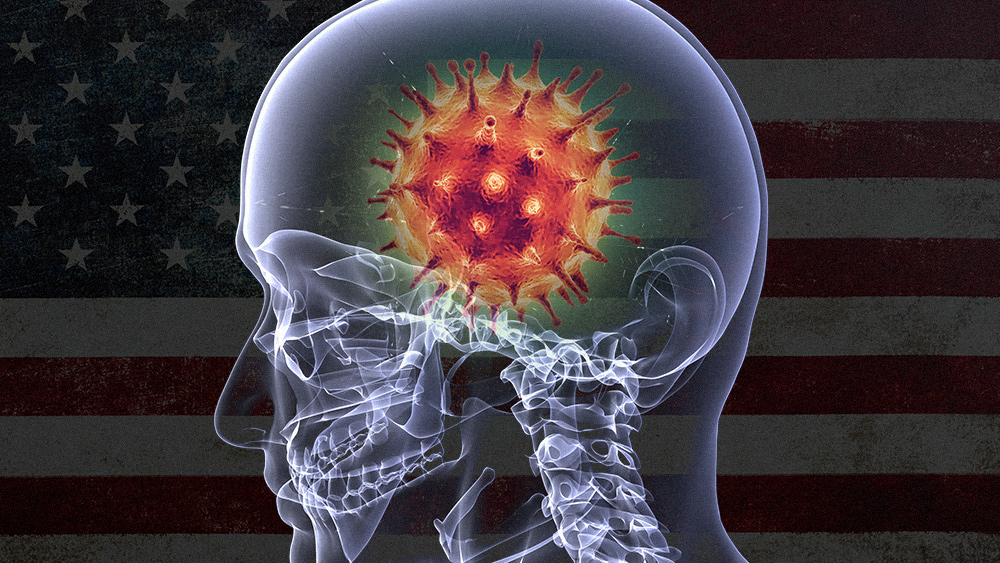
Why probiotics?
Children with autism often experience gastrointestinal (GI) problems. These problems include diarrhea, constipation, abdominal pain, bloating, and nausea, and they usually last for months. Researchers noticed that children who suffer from these problems also display higher anxiety and sensory over-responsiveness. In a study published in the Journal of Abnormal Child Psychology, researchers reported that symptoms of autism contributed uniquely to the prediction of GI problems in logistic regression analyses. This suggests that behaviors associated with autism and GI problems may be interrelated and have common underlying mechanisms.
A different team of researchers used a similar mouse model and investigated neurodevelopmental disorders – particularly autism – caused by maternal obesity. They found that maternal obesity alters the gut microbial ecology of their offspring, and this shift negatively impacts their offspring's behavior. However, introduction of Lactobacillus reuteri – a probiotic bacterium commonly found in meat and dairy products – to the offspring's diet restored balance in their gut microbiota and oxytocin levels. This significantly improved behavioral abnormalities in the animals associated with neurodevelopmental disoders.
Consumption of probiotics improves digestive problems and autism symptoms in children
A team of American researchers conducted a study involving children with autism to test the effects of probiotics on GI distress and autism symptoms. They reported that these children often have deficiencies in beneficial intestinal microflora. These deficiencies may lead to inflammation, immune dysfunction, food intolerance, and other digestive problems. To address this issue, they gave the children a nutritional supplement containing a mixture of five probiotic strains. They then asked the caregivers to assess autism symptoms before and after 21 days of supplementation.
Nearly half of the children experienced relief from their GI problems, and 88 percent reported a decrease in their total autism treatment evaluation checklist (ATEC) scores. This indicated a significant improvement of autism symptoms. The children also showed improvements in ATEC domains, such as speech, language, sociability, sensory and cognitive awareness, physical health, and behavior. And while these results need to be validated in controlled clinical trials, they nevertheless demonstrate that probiotic consumption may significantly influence the behavior of people with autism via the regulation of their gut microbiota. (Related: A natural treatment for colitis: Red ginseng powder fermented with probiotics.)
Other benefits of probiotics
Probiotics are already established as beneficial to human health. And while they are not yet acknowledged as natural treatments for autism, they still provide many health benefits. These include:
- Enhancement and maintenance of the immune system
- Reduction of stress and anxiety
- Improvement of allergy symptoms
- Maintenance of ideal weight
- Restoration and enhancement of energy levels
- Higher resistance to infections
Studies are still ongoing with regards to the potential use of probiotics in the treatment of autism. But with these many health benefits, people who suffer from the disorder should not be prevented in any way from enjoying their positive effects, be it on their digestive problems or behavioral symptoms. Probiotics can be consumed either in supplement form or through foods like yogurt, kefir, kombucha, sauerkraut, and many others.
Sources include:
Please contact us for more information.























